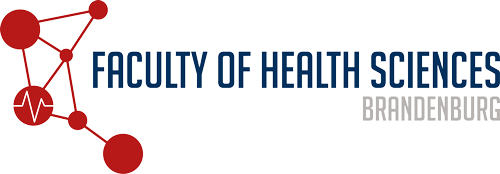New "Digital Medical Ethics Network"

Joint media information of the Faculty of Health Sciences of the University of Potsdam, the Brandenburg Medical School Theodor Fontane and the Brandenburg University of Technology Cottbus-Senftenberg, 21.02.2023 Digitization is rapidly changing the healthcare system and is having an ever greater impact on medical practice: Artificial intelligence for diagnosis and therapy, health apps on the …
Joint media information of the Faculty of Health Sciences of the University of Potsdam, the Brandenburg Medical School Theodor Fontane and the Brandenburg University of Technology Cottbus-Senftenberg, 21.02.2023
Digitization is rapidly changing the healthcare system and is having an ever greater impact on medical practice: Artificial intelligence for diagnosis and therapy, health apps on the smartphone or social robotics in nursing show the great potential of new technologies. “Understanding and dealing with associated ethical risks is the task of medical ethics, which must realign itself in light of the digital transformation of healthcare,” says Prof. Dr. Robert Ranisch, one of the founders of the new “Digital Medical Ethics Network.” The project is supported by the University of Potsdam / Faculty of Health Sciences Brandenburg and the Eberhard Karls University of Tübingen and financially funded by the Volkswagen Foundation.
Medical ethics asks about appropriate behavior in health care and about just structures in the health care system. Qualified experts contribute their knowledge to medical studies and the training of other health care professions. They examine fundamental aspects of interaction in the health care system and provide advice in clinical practice, for example in difficult end-of-life decisions.
In this way, they make an important contribution to good and equitable health care. “But resources are scarce,” says Robert Ranisch. “The large amount of work in teaching and research has to be spread over a few shoulders, because medical ethics is a small subject and not every university has it. Aspects of digitization therefore often get the short treatment,” says Ranisch, who heads the junior professorship for medical ethics with a focus on digitization at the Brandenburg Faculty of Health Sciences.
The “Digital Medical Ethics Network” is led by Prof. Dr. Robert Ranisch (FGW Brandenburg) and Prof. Dr. Dr. Urban Wiesing as well as Prof. Dr. Hans-Jörg Ehni (University of Tübingen). The participating universities in Tübingen and Potsdam support the project in the long term within the framework of a matching fund.
Photo: Alex Knight via Unsplash
